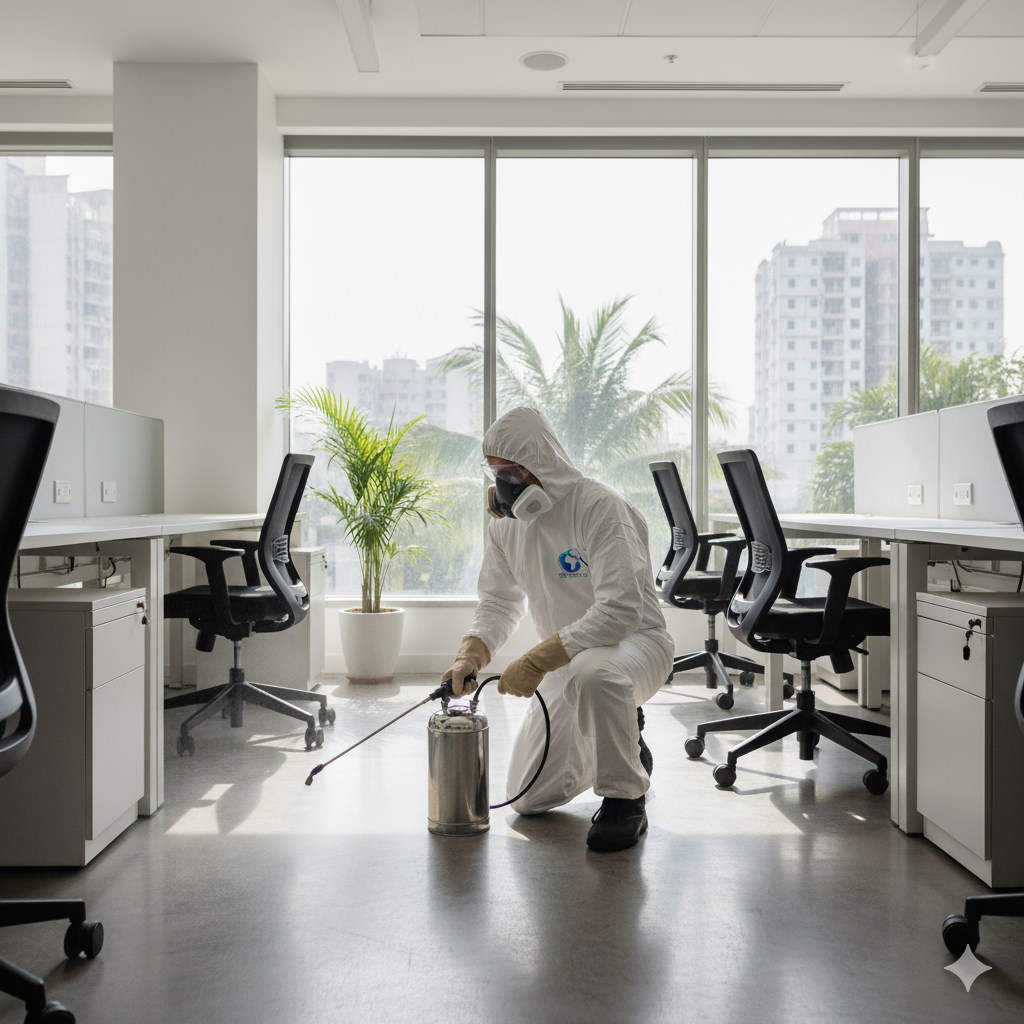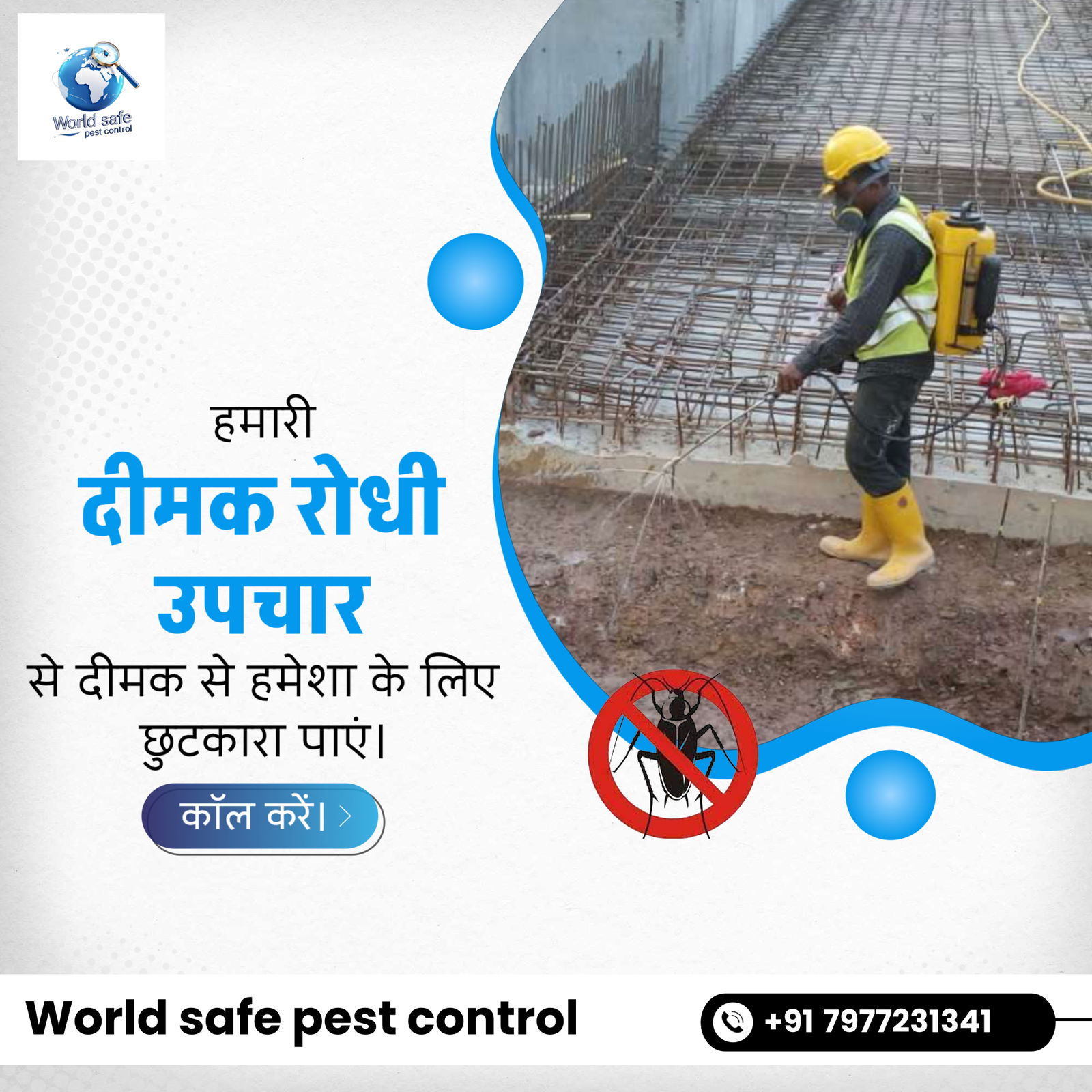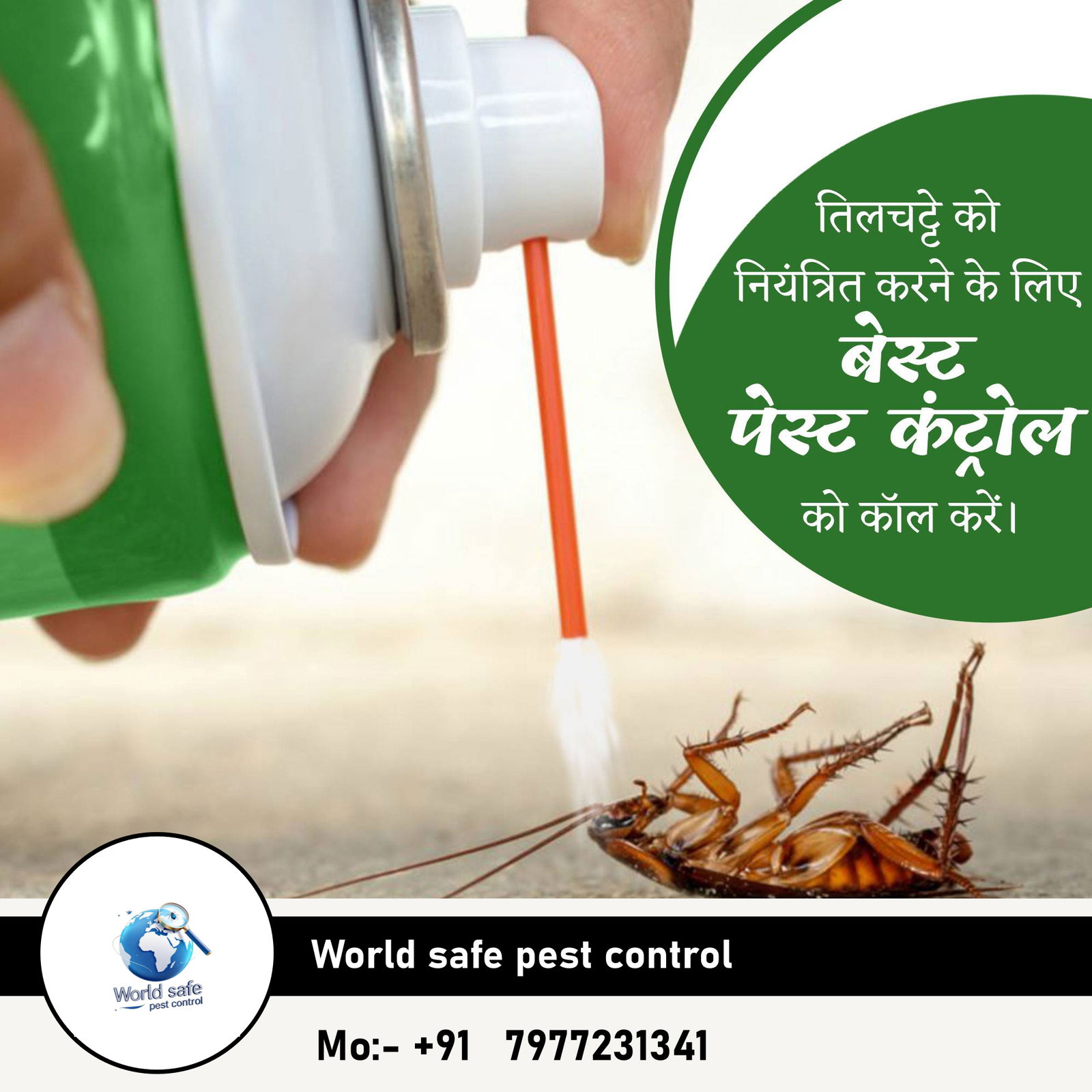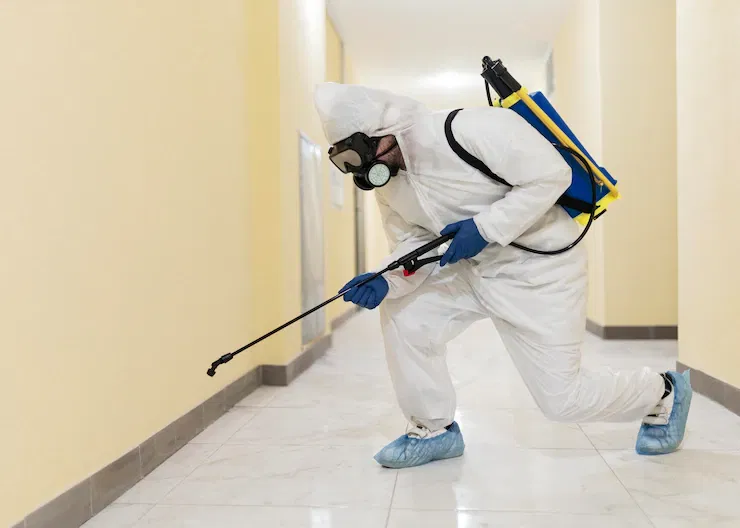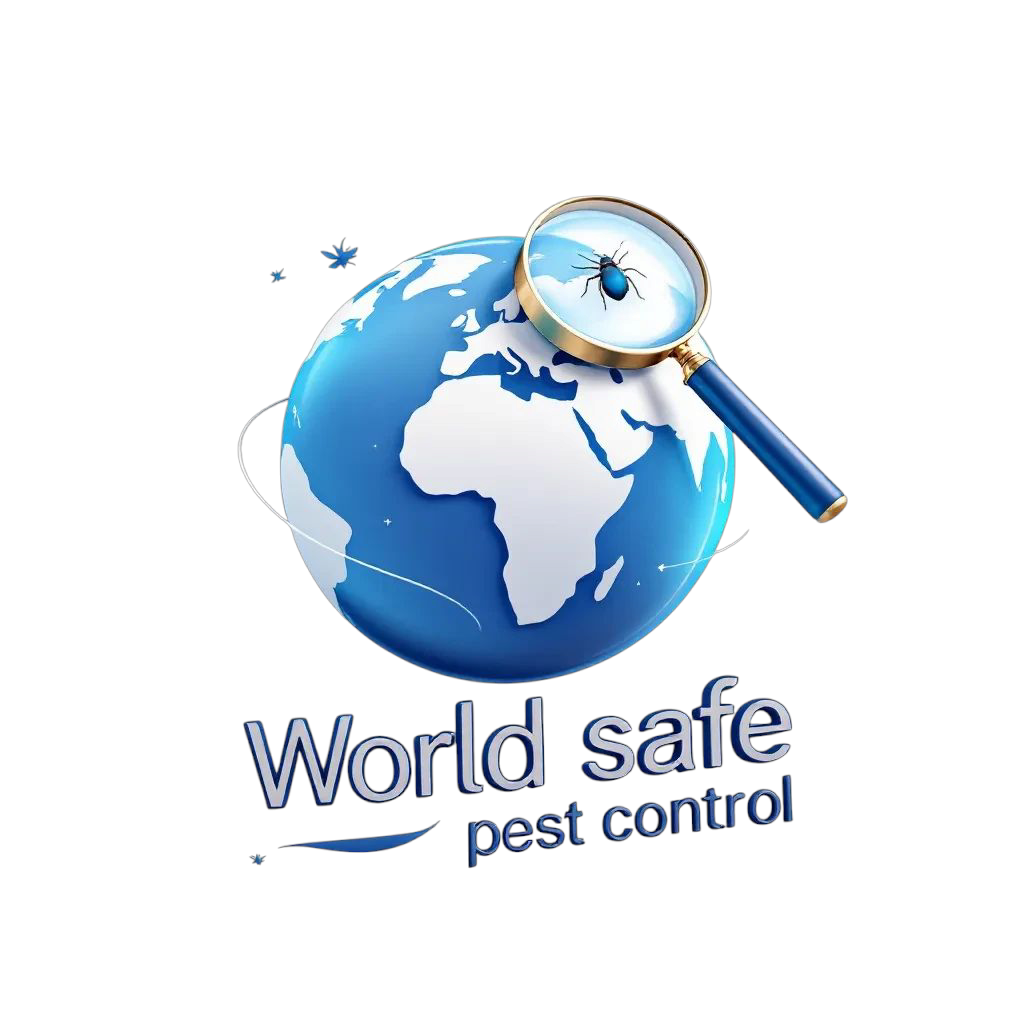
Commercial pest control near me pest control commercial
Importance of Pest Control in Commercial Settings
Pest management is a critical aspect of maintaining a safe, clean, and hygienic environment for businesses. Commercial properties, from restaurants to office buildings, are highly susceptible to pest infestations that can damage property, harm employees, and affect customer perception.
The Rise of Sustainable Pest Control
With growing concerns about environmental sustainability, businesses are turning to eco-friendly and safer pest control solutions. This shift is part of a broader trend towards green practices in every sector.
Section 1: The Challenges of Pest Control in Commercial Properties
Common Pests in Commercial Spaces
A list of pests that commonly infest commercial properties, such as rodents, ants, cockroaches, termites, and bedbugs.
Potential Risks and Damages
The potential health risks, food contamination, structural damage, and negative impact on business reputation caused by pests.
Section 2: Traditional vs. Modern Pest Control Methods
Traditional Methods
Chemical pesticides
Traps and baits
Fumigation
Modern, Eco-Friendly Alternatives
Integrated Pest Management (IPM)
Biological controls (using natural predators)
Organic repellents
Heat treatments and steam sterilization
Non-toxic traps and baits
Benefits of Eco-Friendly Pest Control
Reduces the use of harmful chemicals
Promotes health and safety for workers and customers
Compliance with health and environmental regulations
Long-term cost savings
Section 3: How World Safe Pest Control Ensures Effective Solutions
Innovative Techniques
A deep dive into the techniques and technologies that make pest control safer, such as smart monitoring systems, eco-friendly sprays, and low-impact traps.
Tailored Solutions for Every Commercial Sector
Hospitality (hotels, restaurants)
Retail
Office buildings
Warehouses
Healthcare facilities
Monitoring and Maintenance
The importance of regular inspections, early detection, and continuous monitoring to ensure long-term pest control.
Section 4: The Role of Commercial Pest Control in Sustainability
Reducing Environmental Impact
How pest control services are minimizing waste and lowering carbon footprints.
Use of biodegradable or recyclable materials in pest management systems.
Supporting Green Certifications
How eco-friendly pest control aligns with LEED and other environmental certifications for businesses.
Consumer Demand for Eco-Conscious Practices
Increasing consumer preference for businesses that prioritize sustainability.
Section 5: Choosing the Right Pest Control Service
Factors to Consider When Selecting a Commercial Pest Control Company
Experience and expertise in commercial pest control
Eco-friendly credentials and certifications
Customized pest management plans
Customer reviews and success stories
Safety standards and compliance with local regulations
Conclusion
The Future of Pest Control: A Greener Approach
As the demand for sustainability rises, the pest control industry is adapting with greener, safer, and more effective solutions. Businesses that prioritize eco-friendly practices not only protect their spaces but also contribute to the planet's well-being.
Partnering for Success
The importance of choosing a pest control partner that aligns with your business's values, ensuring a pest-free environment while also supporting global sustainability efforts.
